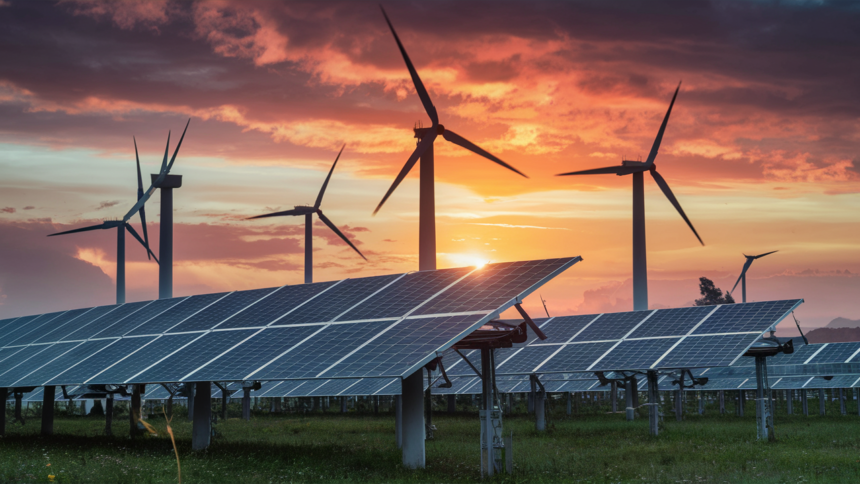According to the board statement, the loan will help close the financing gap of the Federal Budget in the 2024/2025 fiscal year, specifically supporting the implementation of the country’s new Electricity Act and the Nigeria Energy Transition Plan.
The energy transition plan envisages accelerating development by 2050, when 90% of 250 GW of installed electricity capacity will be renewable. It also envisages providing clean cooking access to the bulk of the population by 2030, using liquefied petroleum gas (LPG), biogas, biofuels like ethanol, and electric cookstoves.
Furthermore, the program is also envisioned to help develop Nigeria’s electricity infrastructure and fast-track millions of households and businesses by transitioning their energy sources into cleaner and renewable sources of energy.
The Nigerian government launched the transition plan in August 2022 and passed a new Electricity Act decentralizing the electricity supply industry in June 2023.
It further set the stage for increased investments by subnational governments and the private sector.



